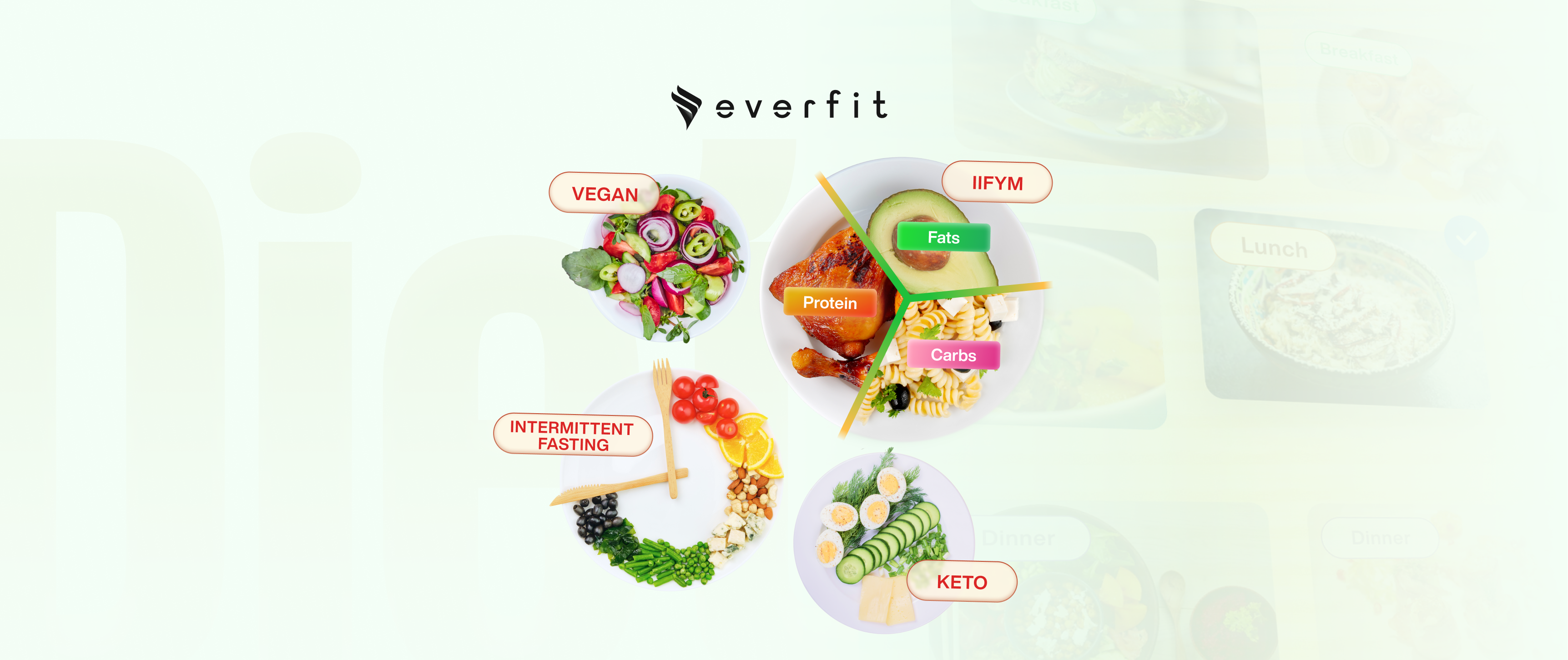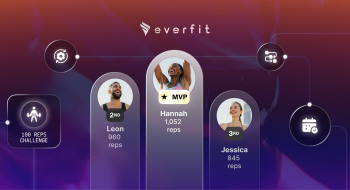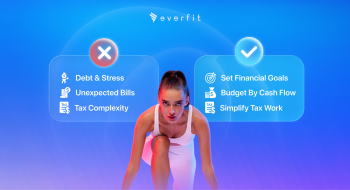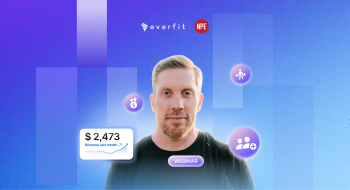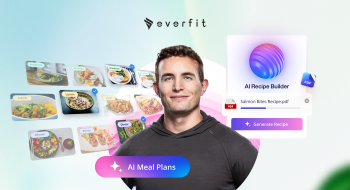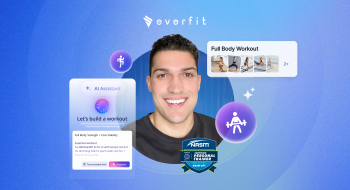With the explosion of diet trends online, coaches today are more likely than ever to field questions about keto, fasting, plant-based living, or counting macros. But what should you say when a client asks, “What do you think of intermittent fasting?” or “Should I go vegan?”
In our recent webinar, “A Coach’s Guide to Popular Diets,” Dr. Marc Morris, PhD in Nutrition Science and founder of The Dr. Marc Method, broke down the science, strengths, and coaching nuances of today’s most common dietary approaches. Whether you’re working with beginners or seasoned athletes, this session helped equip coaches with the clarity and confidence to support any client, no matter what diet they bring to the table.
💡 Watch the full webinar here:
The webinar focused on three core learning objectives:
- Understand how today’s most popular diets work and who they’re best suited for.
- Spot common pitfalls, nutrient gaps, and red flags that clients may face.
- Apply practical coaching strategies to guide clients through these diets successfully and sustainably.
Diets in the Spotlight
1. Keto
A very low-carb, high-fat diet aimed at shifting the body into ketosis, a metabolic state where fat becomes the primary fuel source.
- Pros: Can support fat loss and improve blood sugar regulation.
- Watch out for: Low sustainability, especially for clients with active lifestyles or limited food variety.
- Coaching Tip: If a client wants to try keto, emphasize whole foods, adequate electrolytes, and realistic expectations.
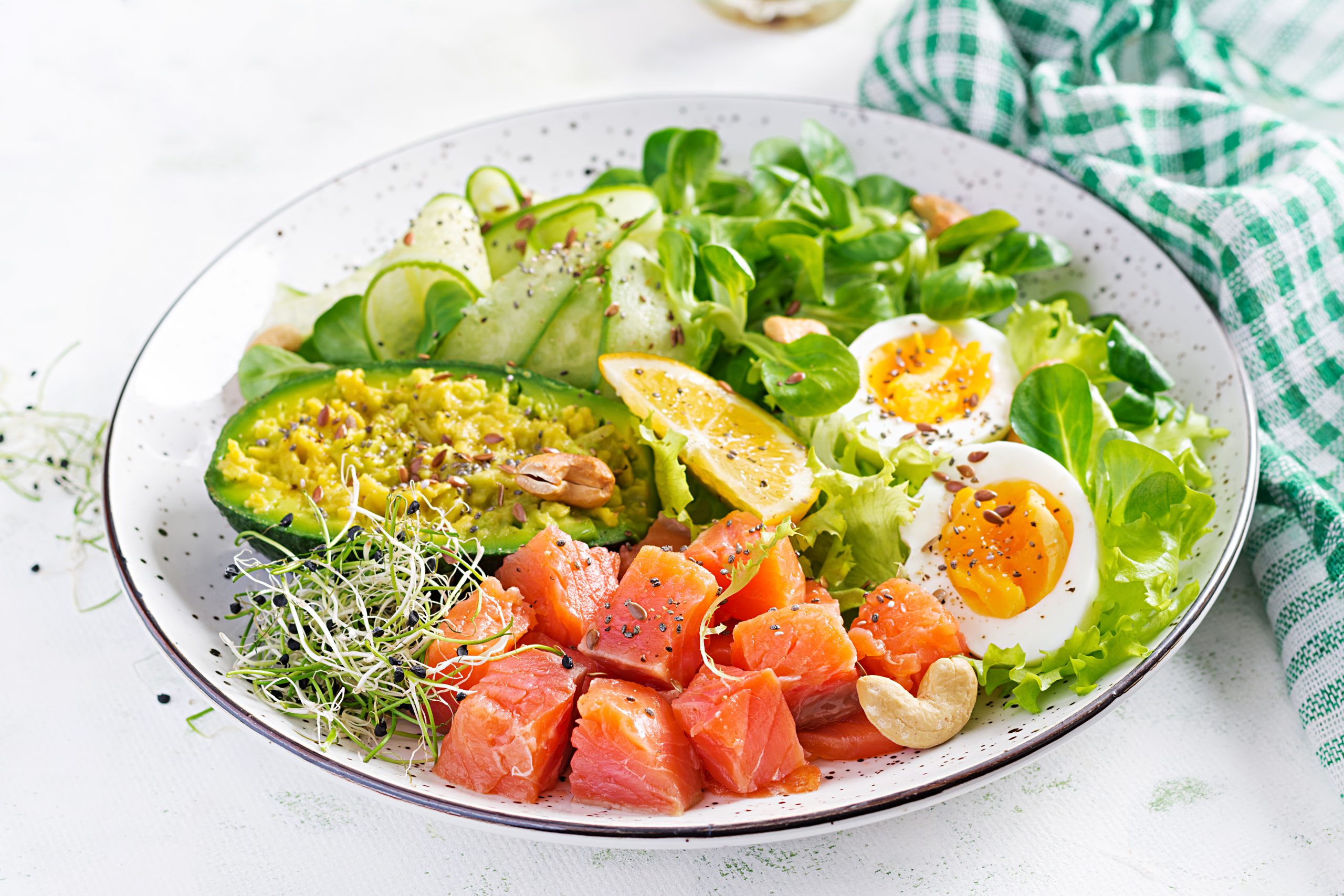
2. Intermittent Fasting (IF)
An eating schedule that alternates periods of eating with fasting (e.g., 16:8, 5:2).
- Pros: May simplify eating, support calorie control, and improve metabolic markers.
- Challenges: It is not ideal for clients needing regular fuel (e.g., athletes and people with energy dips).
- Coaching Tip: Help clients understand why they’re choosing IF and how it might impact their daily life and energy.

3. Vegan/Plant-Based
Focuses on eliminating animal products in favor of whole plant foods.
- Pros: Can align with ethical values and improve overall health when done right.
- Nutritional concerns: B12, iron, omega-3s, protein, and total caloric intake.
- Coaching Tip: Don’t just ask what they’re eating—ask how they’re getting the nutrients that matter most.
4. Flexible Dieting (IIFYM)
“IIFYM” stands for “If It Fits Your Macros.” It gives clients macro targets while allowing food flexibility.
- Pros: Promotes food freedom, builds awareness, and supports habit formation.
- Risks: Can become overly rigid without the right education and structure.
- Coaching Tip: Use it as a learning tool, not a lifetime sentence. Emphasize balance and quality, not just numbers.
💬 The Bottom Line: Diets Are Coaching Opportunities
You don’t need to sell or shut down any diet.
Your job as a coach is to help clients understand what a diet actually involves, what it takes to do it well, and whether it aligns with their goals and lifestyle.
When clients bring up diets—it’s a coaching opportunity.
Instead of brushing off diet talk, use it to open a real, meaningful conversation. Ask what they’re hoping to get out of it. Talk through the trade-offs. And most importantly, make them feel supported—regardless of the path they choose.
About Dr. Marc Morris

Dr. Marc is the creator of The Dr. Marc Method, a 90-day nutrition coaching certification that gives coaches “everything they need, nothing they don’t” to build profitable, results-driven businesses. With over 10 years of experience and 1,500+ clients coached, Dr. Marc has a track record of turning science into simple, actionable strategies.
💡 Final Thoughts
No matter what nutrition trend is trending, your job stays the same: support your clients with empathy, evidence, and strategy. When you combine sound science with smart coaching, you empower your clients to make the best decisions for themselves.




